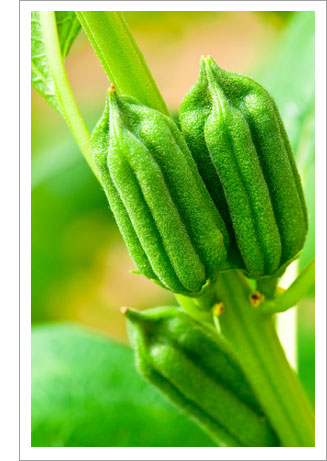About sesame

Sesame is grown in countries with sub-tropical climates, such as India, China and Myanmar in Asia, Sudan, Ethiopia, Nigeria and Tanzania in Africa, and Mexico and Guatemala in Central America. Production is estimated at 3 million tonnes annually, of which 70% is consumed by countries which produce it, while the remaining 30% is exported to countries such as Japan and Turkey.
Powered by Softways S.A.
Copyright © 2011 Kapetanios. All Rights Reserved.



